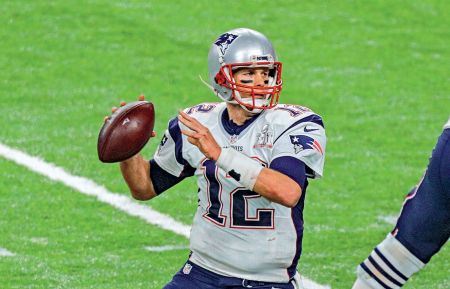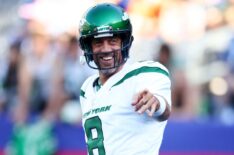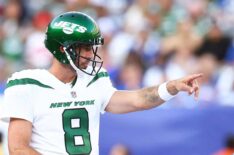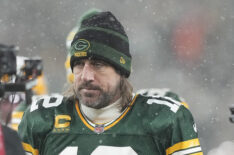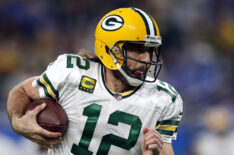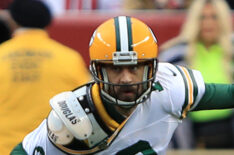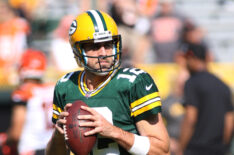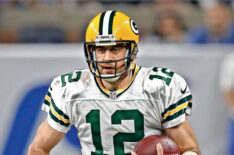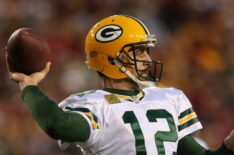Aaron Rodgers
Credits

Aaron Rodgers: EnigmaStream
Self
Reality
2024

Aaron Rodgers: Leader Of The Pack
Self
Show
2022

All Things Football
Self
Show
2021

Tony Goes to the Super Bowl
Guest
Show
2021

Thanks a MillionStream
Self
Reality
2020

FNIA Presents: Rodgers & Tirico 1-on-1
Guest
Show
2019

The State Farm Showdown
Host
Show
2018

Monster Tag
Actor
Show
2018

Big Fan
Guest
Game Show
2017

The $100,000 PyramidStream
Guest
Game Show
2016

Any Given Wednesday With Bill Simmons
Guest
Talk
2016

I Get That a Lot
Actor
Show
2015

Golf
Host
Show
2012

The OfficeStream
Guest Star
Aaron Rodgers
Series
2005

Jeopardy!Stream
Guest
Game Show
1984

Jeopardy!Stream
Host
Game Show
1984
News aboutAaron Rodgers

Aaron Rodgers Blasts ‘Bachelorette’ as ‘Stupid Dating Show’ & Addresses Jordan Rodgers Rift
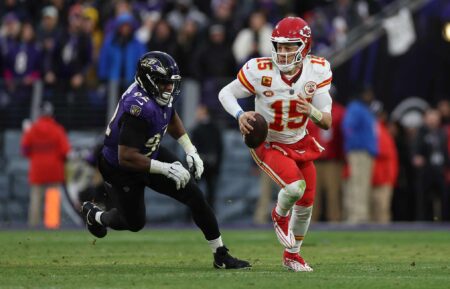
Your Complete Watch Guide to NFL 2024 Regular Season & Playoffs

2024 American Century Championship: The Top Celebrities Playing in the Tournament
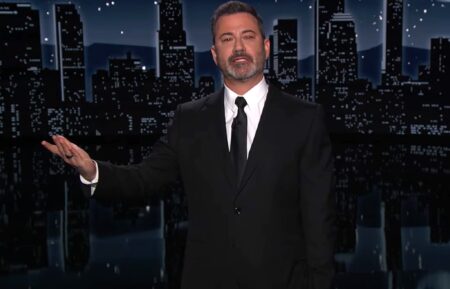
Jimmy Kimmel Mocks ‘Hamster-Brained’ Aaron Rodgers in Late Night Monologue

Jimmy Kimmel Slams ‘Wacko’ Aaron Rodgers Over ‘Reckless’ Jeffrey Epstein Claims
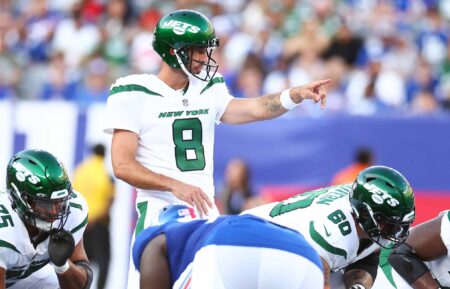
TV Sports Schedule: NFL Kickoff, College Football, US Open Finals & More
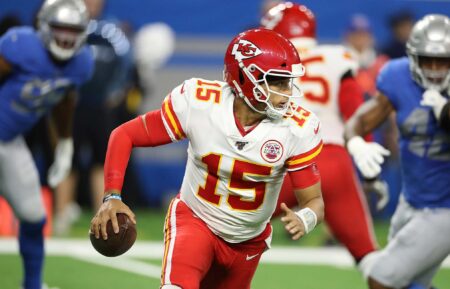
Complete 2023 NFL TV Schedule: Regular Season & Playoffs
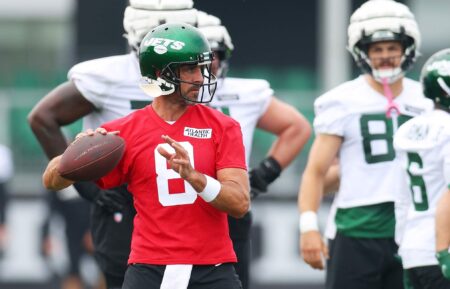
NFL Preseason 2023 TV Schedule

Aaron Rodgers Unhappy That Jets Will Feature in New Season of ‘Hard Knocks’

‘Jeopardy!’ Competitor Reveals Connection to Former Host Aaron Rodgers
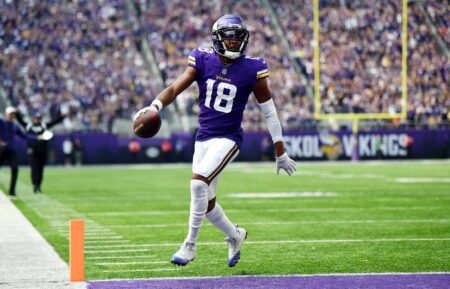
Thanksgiving Sports on TV: What to Watch Over the Holiday Weekend

Tom Brady, Stephen Curry & Aaron Rodgers Among 2022 ESPYS Nominees

Brady & Rodgers vs. Mahomes & Allen in ‘Capital One’s The Match’ on TNT

2022 American Century Championship Lineup: Justin Timberlake, The Miz, Ray Romano & More
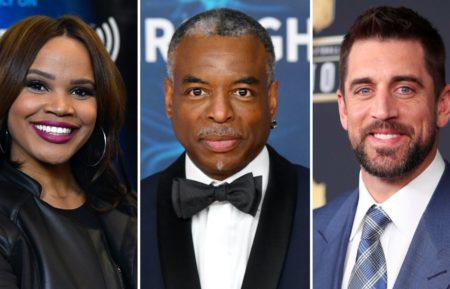
Who Will Replace Mike Richards as ‘Jeopardy!’ Host? 7 Most Likely Candidates

Who Is Your Favorite ‘Jeopardy!’ Guest Host So Far? (POLL)

‘Jeopardy!’ Guest Hosts: How Do Their Ratings Stack Up?

‘Jeopardy!’: Who Is Most Likely to Become Permanent Host?

Results: Readers Pick Their Favorite ‘Jeopardy!’ Guest Host So Far

Justin Timberlake, Aaron Rodgers, Tony Romo & More Announced for 2021 American Century Championship
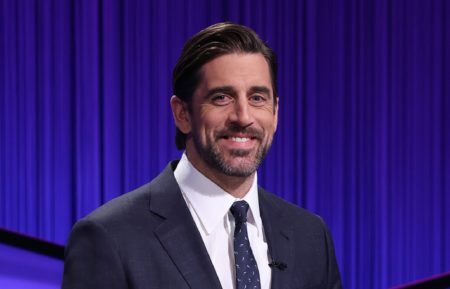
How Do You Think Aaron Rodgers Is Doing as ‘Jeopardy!’ Guest Host? (POLL)

‘Jeopardy!’: How Did Aaron Rodgers Do on His First Night as Guest Host? (POLL)

Worth Watching: An Epic Profile of Ernest Hemingway, Aaron Rodgers Tackles ‘Jeopardy!,’ ‘Bloodlands’ Finale, NCAA Championship
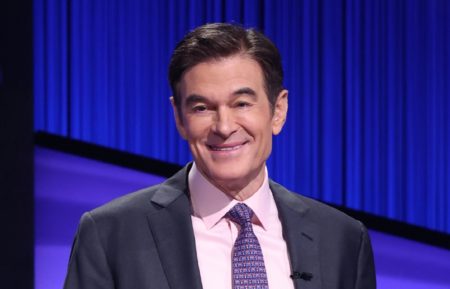
Who Has Been the Best ‘Jeopardy!’ Guest Host So Far? (POLL)

‘Jeopardy!’ Announces that Bill Whitaker & Mayim Bialik Will Guest Host the Game Show

‘Jeopardy!’ Guest Host Lineup Continues With the Packers’ Aaron Rodgers

All the Shark Week 2018 Celebrity Appearances, Ranked
